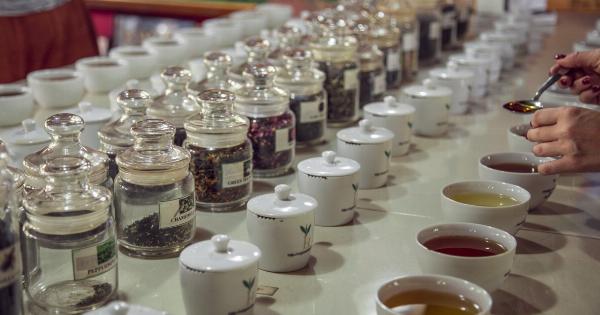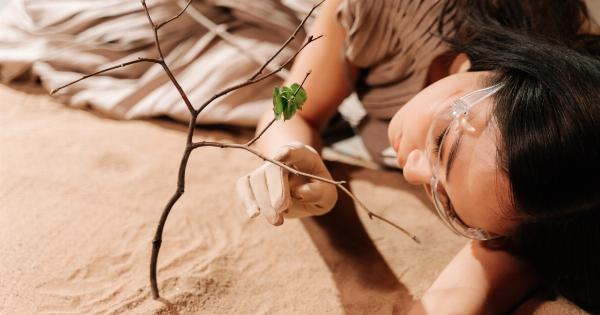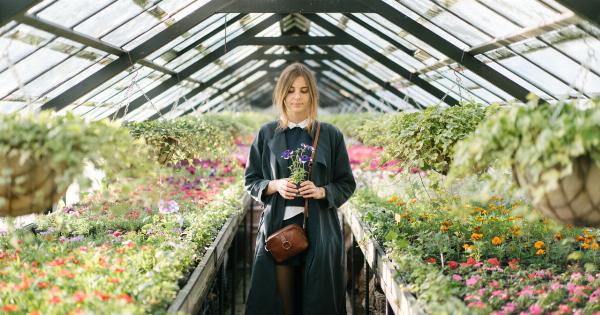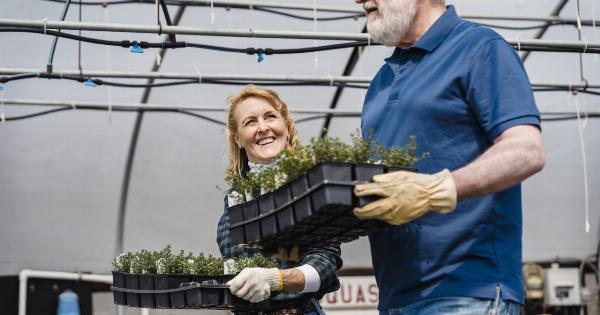Indoor plants have become increasingly popular in recent years, not only for their aesthetic appeal but also for their potential mood-enhancing benefits.
These green companions have the power to breathe life into any space and provide a sense of tranquility. However, while indoor plants can offer numerous advantages for your mood, they also come with a few potential downsides that should be considered. In this article, we will explore the blessings and curses that indoor plants can bring to your mood.
The Blessings of Indoor Plants
1. Improved Air Quality.
Indoor plants act as natural air purifiers, absorbing carbon dioxide and releasing oxygen through the process of photosynthesis.
Certain plants, such as aloe vera and snake plants, are known for their ability to filter out harmful toxins from the air, including formaldehyde and benzene. Breathing in cleaner air can have a positive impact on your overall well-being, including your mood.
2. Reduced Stress and Anxiety.
Research suggests that spending time around indoor plants can help reduce stress levels and promote a sense of calmness. The color green, which is abundant in plants, has been associated with feelings of tranquility and relaxation.
Having indoor plants in your surroundings can provide a natural source of serenity, allowing you to unwind and find peace amidst the chaos of everyday life.
3. Enhanced Productivity.
Having indoor plants in your workspace or study area can significantly improve your focus and productivity.
Studies have shown that plants can help filter out background noise, increase humidity levels, and reduce the number of sick days taken by employees. Improved air quality and a pleasant environment can boost your mood, making it easier to stay motivated and engaged in your tasks.
4. Increased Creativity.
Indoor plants not only enhance the aesthetic appeal of your space, but they can also stimulate your creativity. The presence of plants has been linked to improved problem-solving skills and increased inspiration.
Plants have a way of sparking our imagination and helping us think outside the box. Whether it’s a small desk plant or a large potted tree, their presence can fuel your creativity and bring forth new ideas.
5. Natural Stress Relievers.
Several indoor plants, such as lavender and jasmine, emit a soothing fragrance that can promote relaxation and stress relief.
Aromatherapy has long been recognized for its therapeutic effects on mood, and incorporating plants with pleasant scents into your indoor space can provide a natural and calming atmosphere.
The Curses of Indoor Plants
1. Allergies and Sensitivities.
While indoor plants offer numerous benefits, they can also trigger allergies and sensitivities in some individuals.
Pollen, mold, and dust mites can accumulate on the leaves and in the soil of indoor plants, potentially causing respiratory issues and skin irritations. If you have existing allergies or sensitivities, it’s important to choose indoor plants that are less likely to cause adverse reactions, such as ferns or orchids.
2. High Maintenance.
Plants require care and attention to thrive, and not everyone has a green thumb. Indoor plants can be high-maintenance, needing regular watering, fertilizing, and proper sunlight exposure.
Neglecting the care requirements of plants can lead to their decline, which can cause disappointment and frustration. Before bringing indoor plants into your space, consider your ability and willingness to maintain them.
3. Pest Infestations.
Indoor plants can sometimes become a haven for pests such as aphids, mealybugs, and spider mites. These tiny critters can damage the plants and cause stress for the plant owner.
Dealing with pest infestations can be time-consuming and may require the use of pesticides, which can have their own negative effects on both the plants and your indoor environment.
4. Limited Space.
As much as we adore indoor plants, they do take up valuable space in our homes or offices. Larger plants, such as palm trees or fiddle leaf figs, require substantial floor or surface area, which can limit the functionality and aesthetics of a room.
It’s essential to consider the available space and the layout of your interior before getting carried away with your plant shopping spree.
5. Seasonal Changes.
Indoor plants, even with proper care, can be sensitive to seasonal changes in temperature and humidity levels. In colder months, central heating can dry out the air, causing stress for certain plant species.
Likewise, in hotter months, excessive heat and lack of adequate ventilation can lead to wilting and other plant-related issues. Monitoring and adjusting the indoor environment to accommodate these seasonal changes can be an additional challenge.
Conclusion
Indoor plants can undeniably be a blessing for your mood, offering improved air quality, reduced stress levels, enhanced productivity, increased creativity, and natural stress relief.
However, it’s crucial to acknowledge the potential curses that come with indoor plants, such as allergies, high maintenance, pest infestations, limited space, and seasonal challenges. Before incorporating indoor plants into your space, carefully consider these factors to ensure a positive and beneficial indoor plant experience.






























